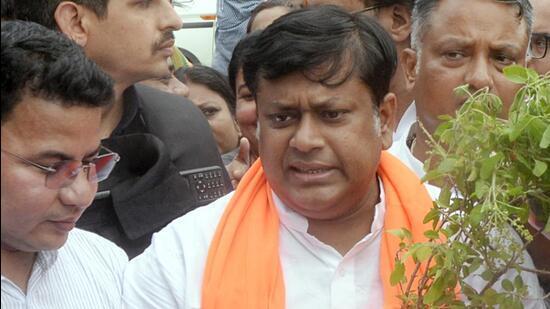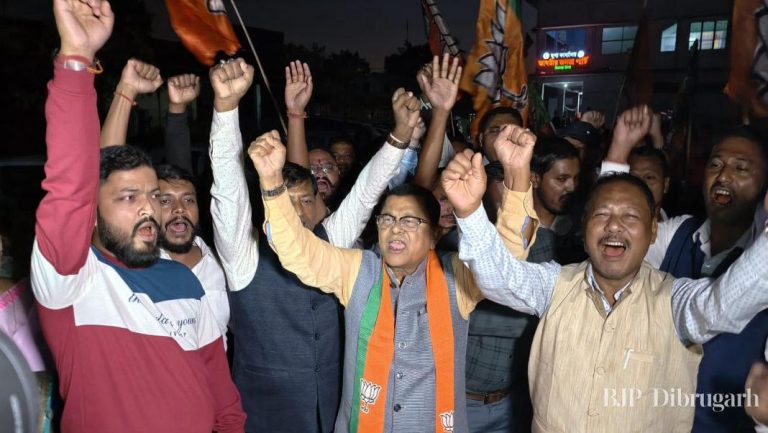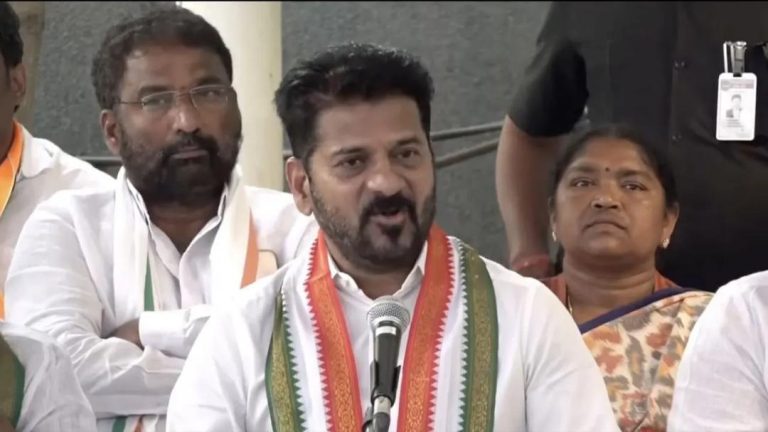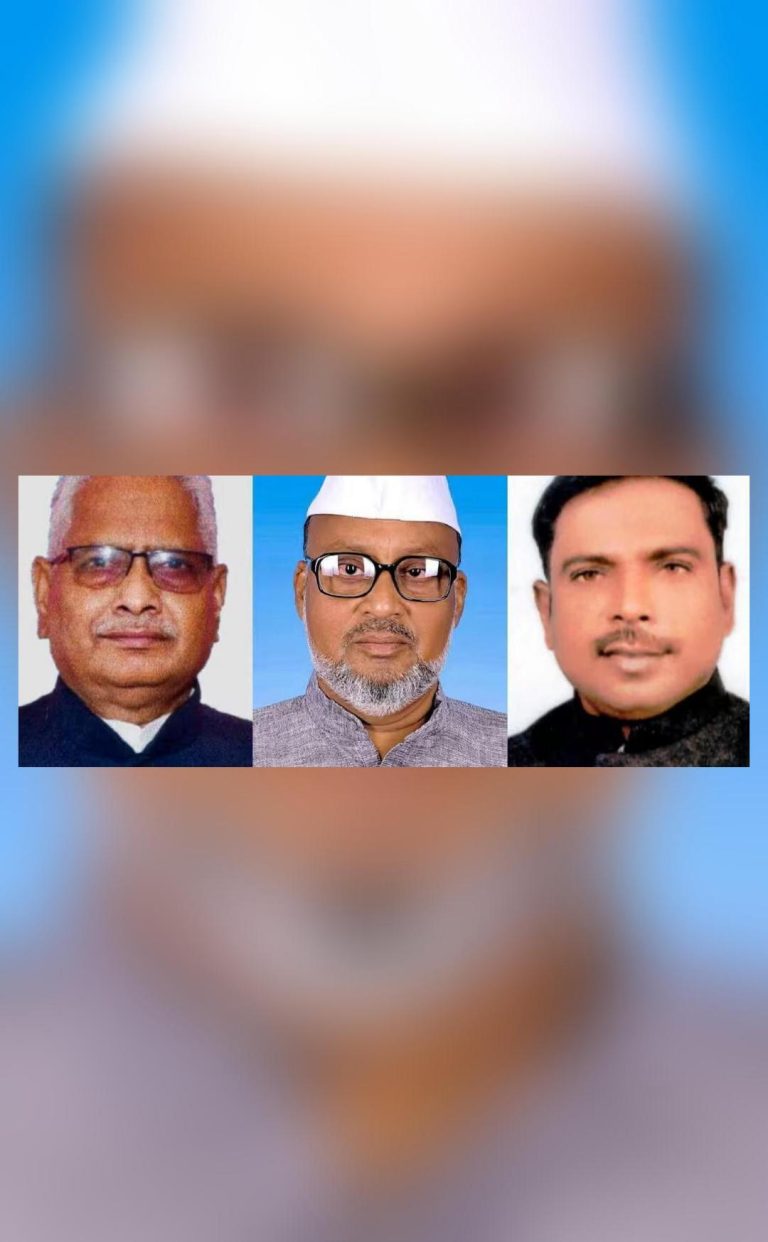
BJP’s Sukanta Compared WB’s Law & Order to Sex Workers: TMC
The Trinamool Congress (TMC) has taken strong exception to Union Minister and BJP leader Sukanta Majumder’s recent remark comparing the law and order situation in West Bengal to that of Sonagachi, a famous red-light district in Kolkata. TMC has accused Sukanta of having an “ugly, hate-fuelled mindset” that views women as objects of abuse and insult, and the poor as tools to be exploited or mocked.
Sukanta, who is a Minister of State for Culture and Tourism, had made the remark while addressing a meeting of the BJP’s youth wing in Siliguri. He had allegedly said that the law and order situation in West Bengal was similar to that of Sonagachi, implying that the state was as chaotic and lawless as the infamous sex trade hub.
TMC, however, has strongly condemned Sukanta’s remarks, saying that they were not only insulting to women but also an attempt to belittle the law and order situation in West Bengal. In a tweet posted on Twitter, TMC wrote, “Behind all their slogans lies an ugly, hate-fuelled mindset that sees women as objects of abuse and insult and the poor as tools to be exploited or mocked. We will not let them divide and rule us.”
TMC’s reaction was swift and sharp, with party leaders and supporters taking to social media to condemn Sukanta’s remarks. Many have pointed out that Sukanta’s comparison is not only unfair but also inaccurate, as West Bengal has one of the lowest crime rates in the country.
“This is not the first time that Sukanta Majumder has made insensitive and derogatory remarks about women. He has a long history of making such comments, and it’s clear that he has no regard for the dignity and well-being of women,” said a TMC leader, who wished to remain anonymous.
TMC’s criticism of Sukanta’s remarks has been echoed by many other political parties and civil society groups, who have condemned the Union Minister’s comparison as “insulting” and “misogynistic”. Many have pointed out that Sukanta’s remarks are part of a larger pattern of hate speech and misogyny that has become increasingly common in Indian politics.
“This kind of language is not only unacceptable but also dangerous. It creates a toxic environment that encourages violence against women and perpetuates harmful stereotypes about women and marginalized communities,” said a women’s rights activist.
Sukanta’s remarks have also been criticized by many women’s organizations and advocacy groups, who have called for his resignation from the Union Cabinet. “Sukanta Majumder’s remarks are not only an insult to women but also an attack on the very fabric of our society. We demand that he apologizes and resigns from his post,” said a women’s rights activist.
The controversy surrounding Sukanta’s remarks has also sparked a wider debate about the role of language and hate speech in Indian politics. Many have pointed out that such language is not only harmful but also dangerous, as it can create a toxic environment that encourages violence and perpetuates harmful stereotypes.
“This kind of language is not only unacceptable but also dangerous. It creates a toxic environment that encourages violence against women and perpetuates harmful stereotypes about women and marginalized communities,” said a political analyst.
Sukanta’s remarks have also been condemned by many other political leaders and civil society groups, who have called for his apology and resignation. “Sukanta Majumder’s remarks are not only an insult to women but also an attack on the very fabric of our society. We demand that he apologizes and resigns from his post,” said a political leader.
In conclusion, Sukanta Majumder’s comparison of West Bengal’s law and order situation to that of Sonagachi sex workers has sparked a major controversy, with many political leaders and civil society groups condemning his remarks as “insulting” and “misogynistic”. TMC has accused Sukanta of having an “ugly, hate-fuelled mindset” that views women as objects of abuse and insult, and the poor as tools to be exploited or mocked. The controversy has also sparked a wider debate about the role of language and hate speech in Indian politics, and the need for greater sensitivity and respect for women and marginalized communities.






